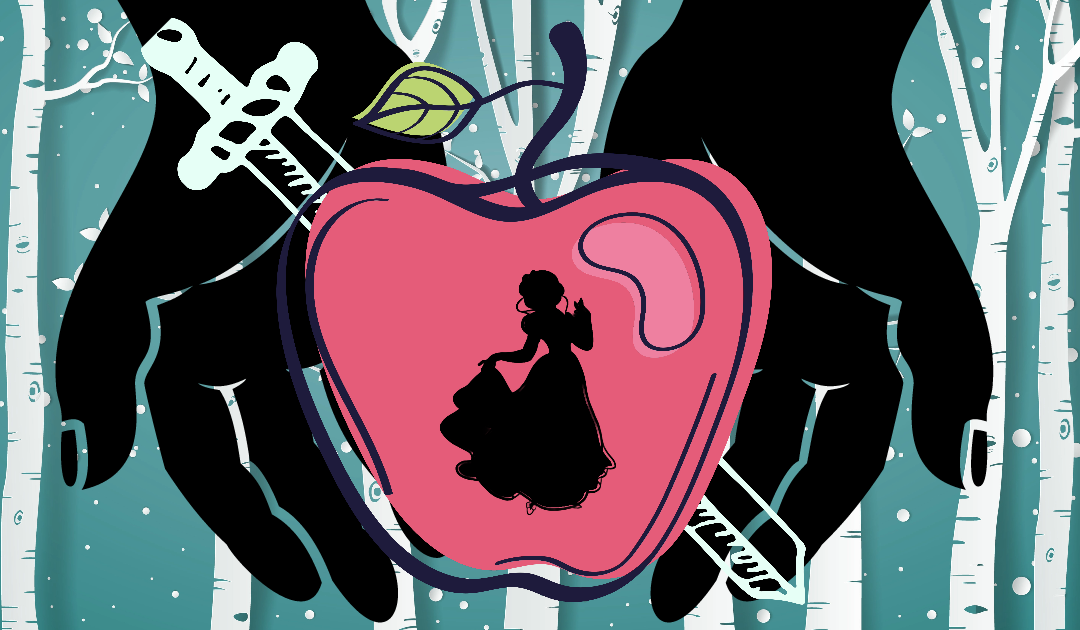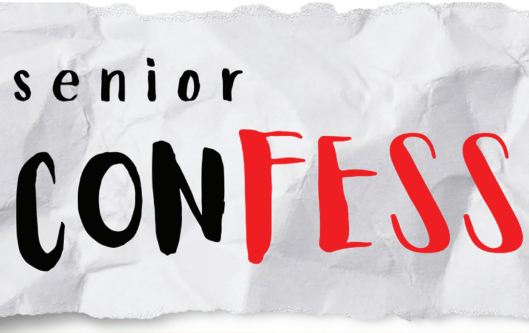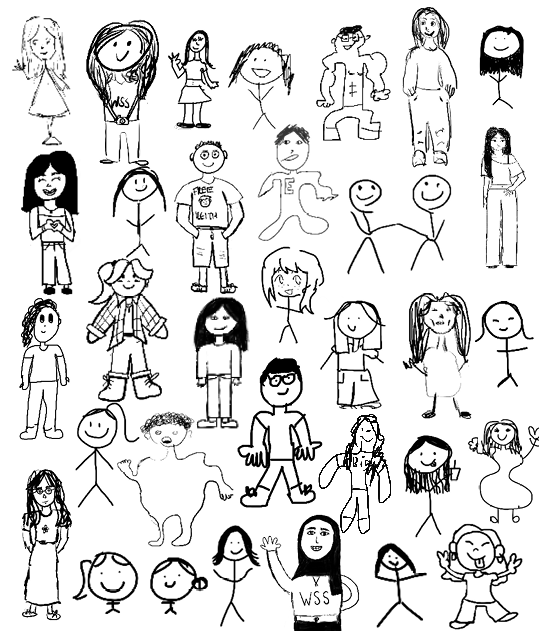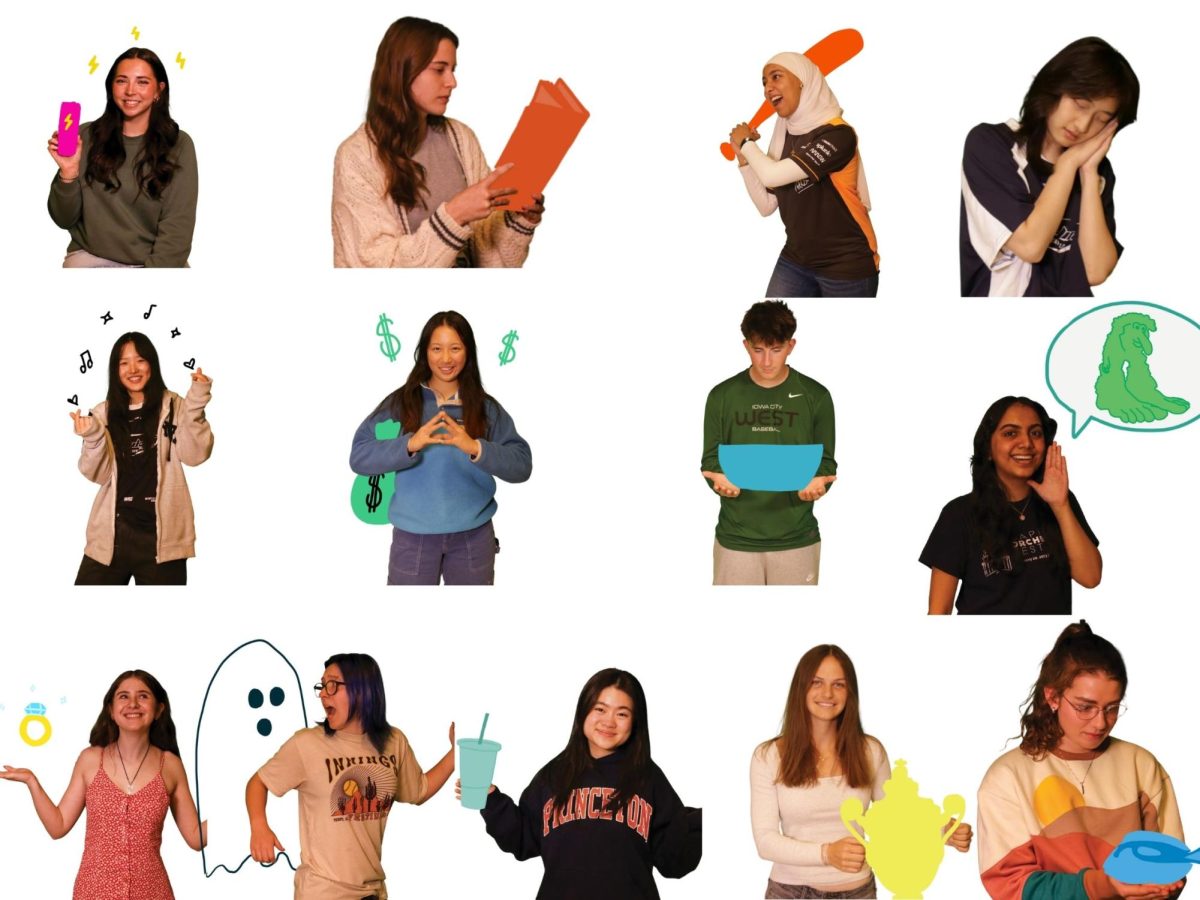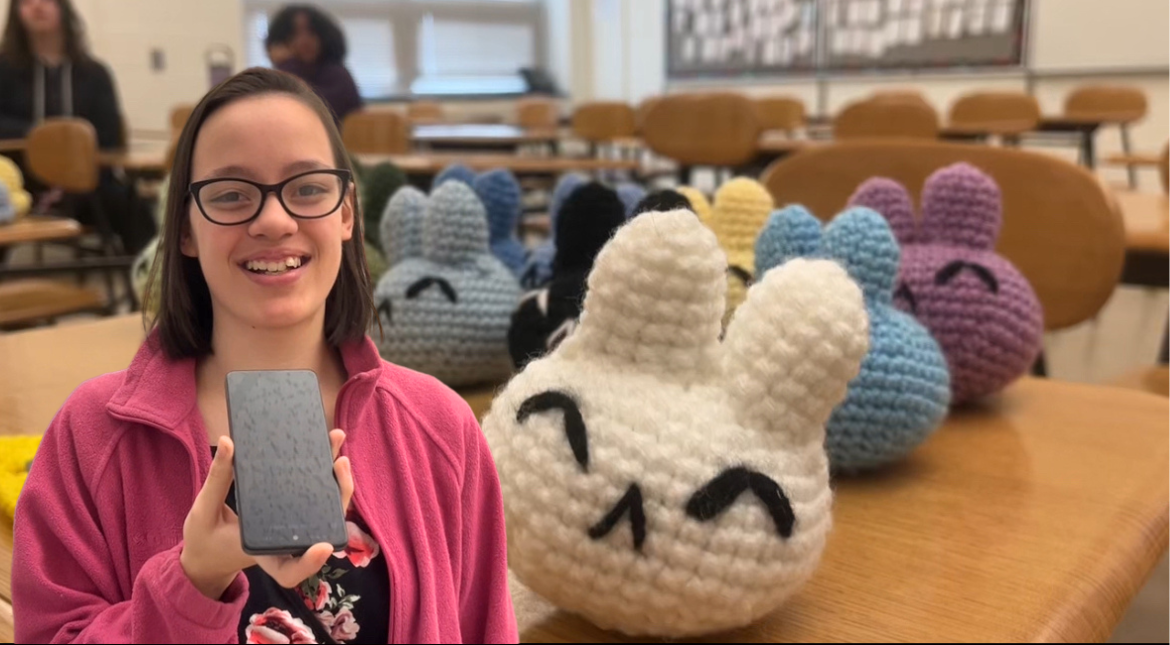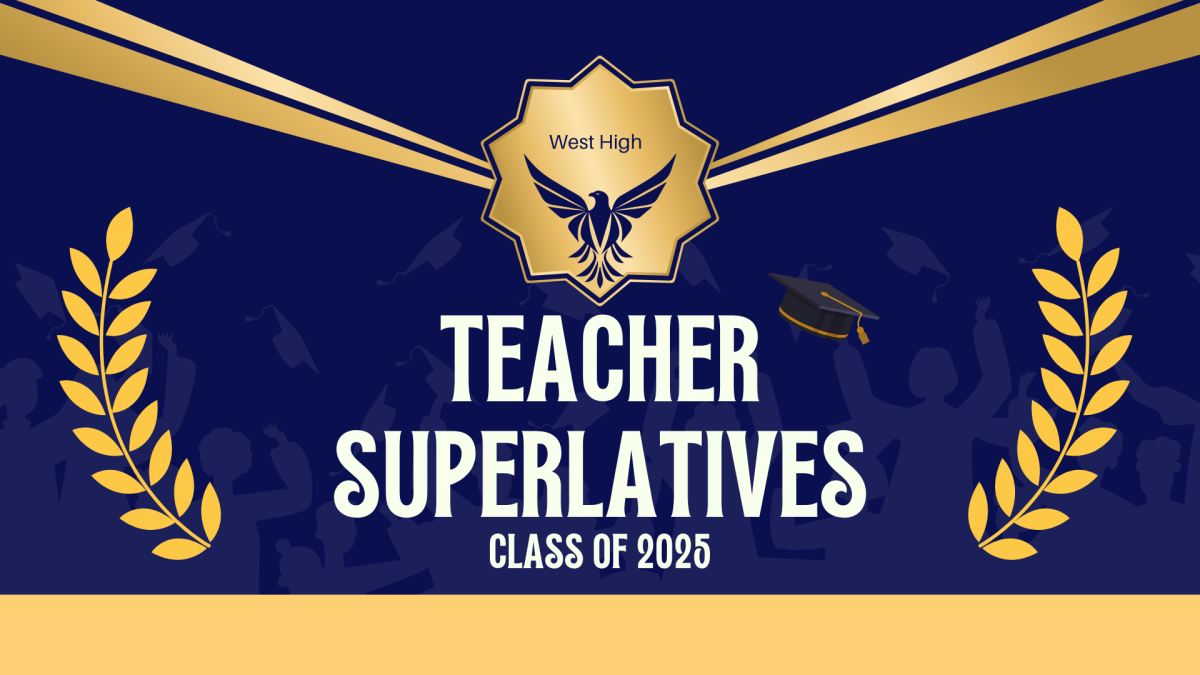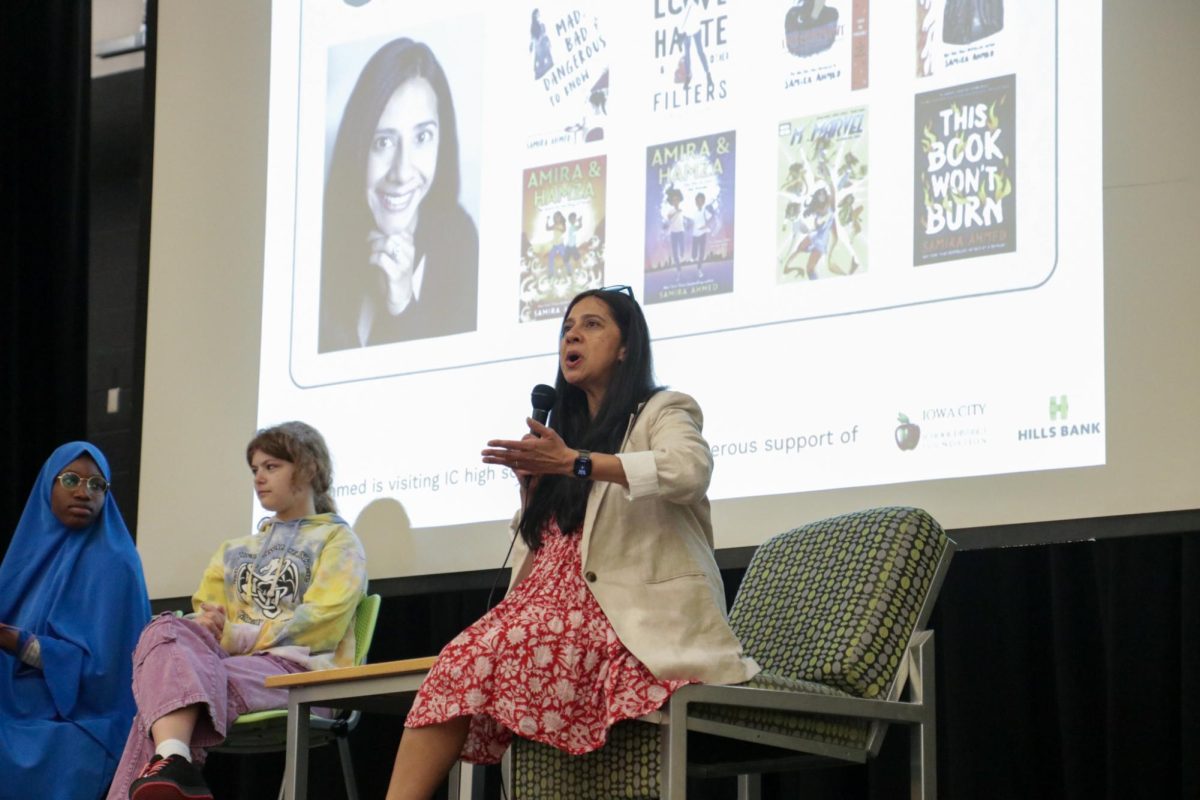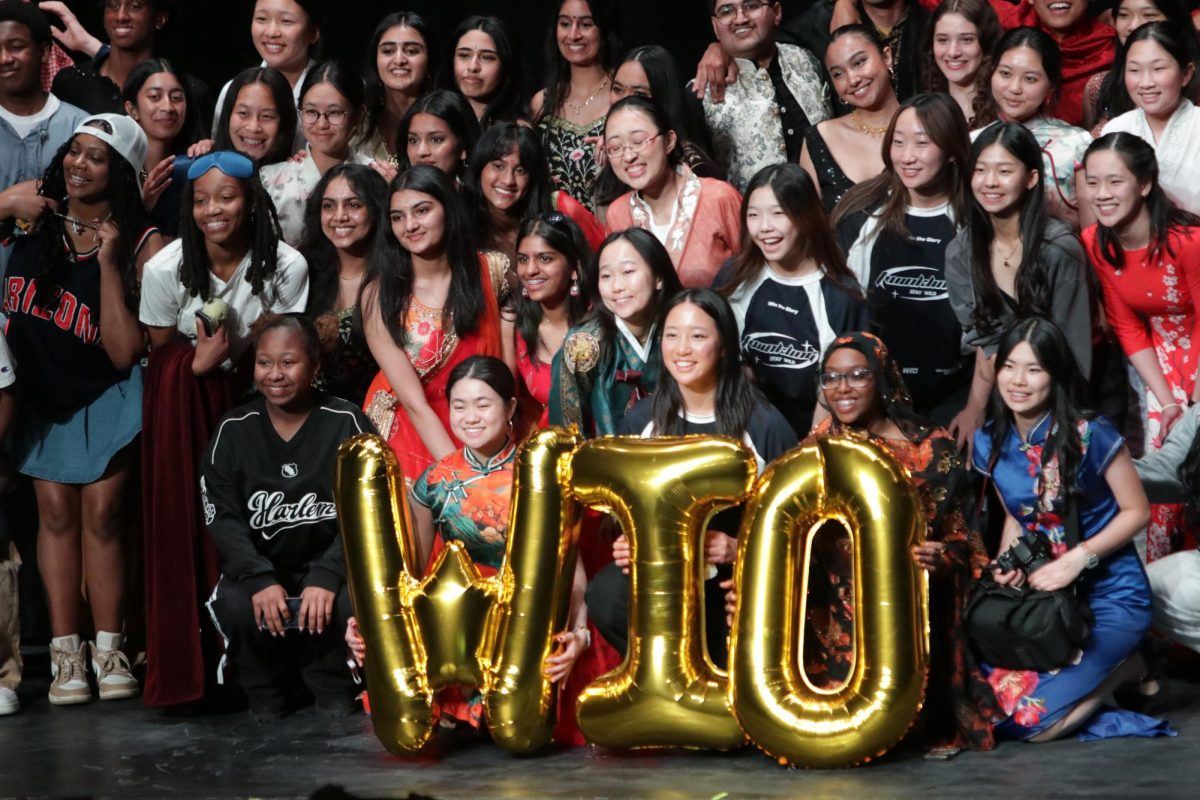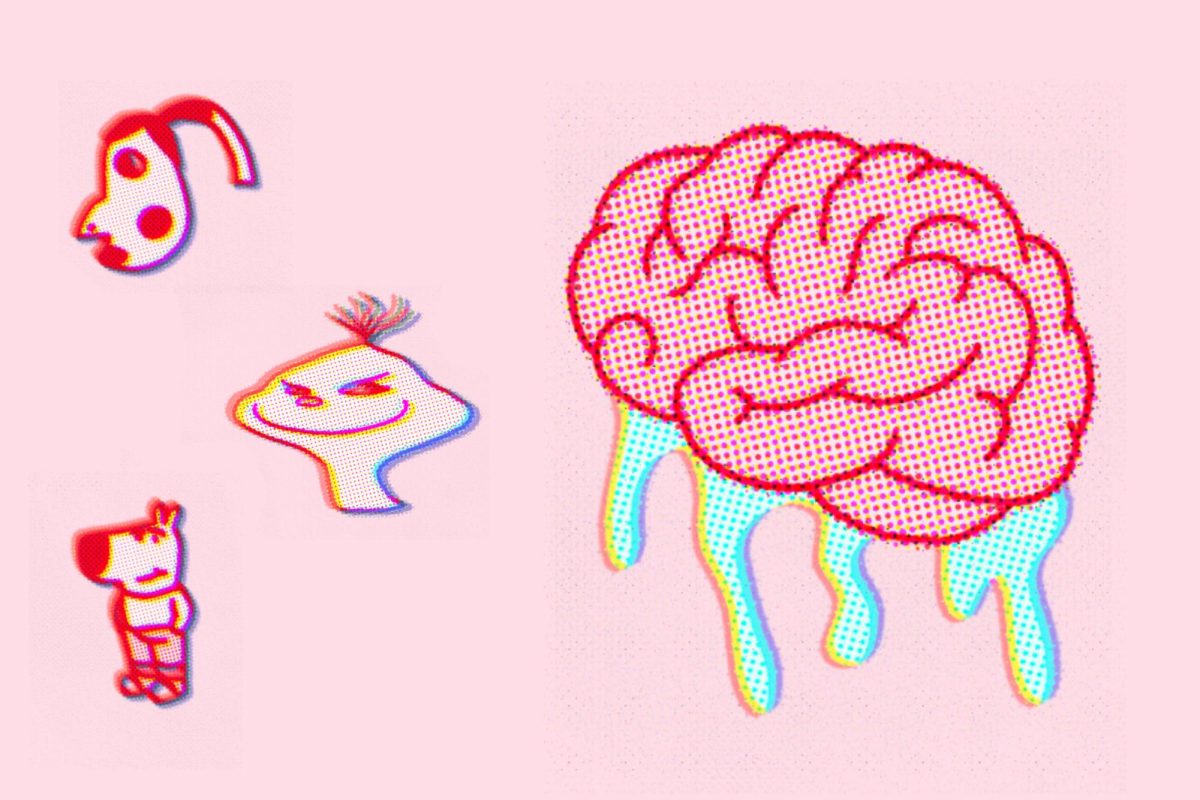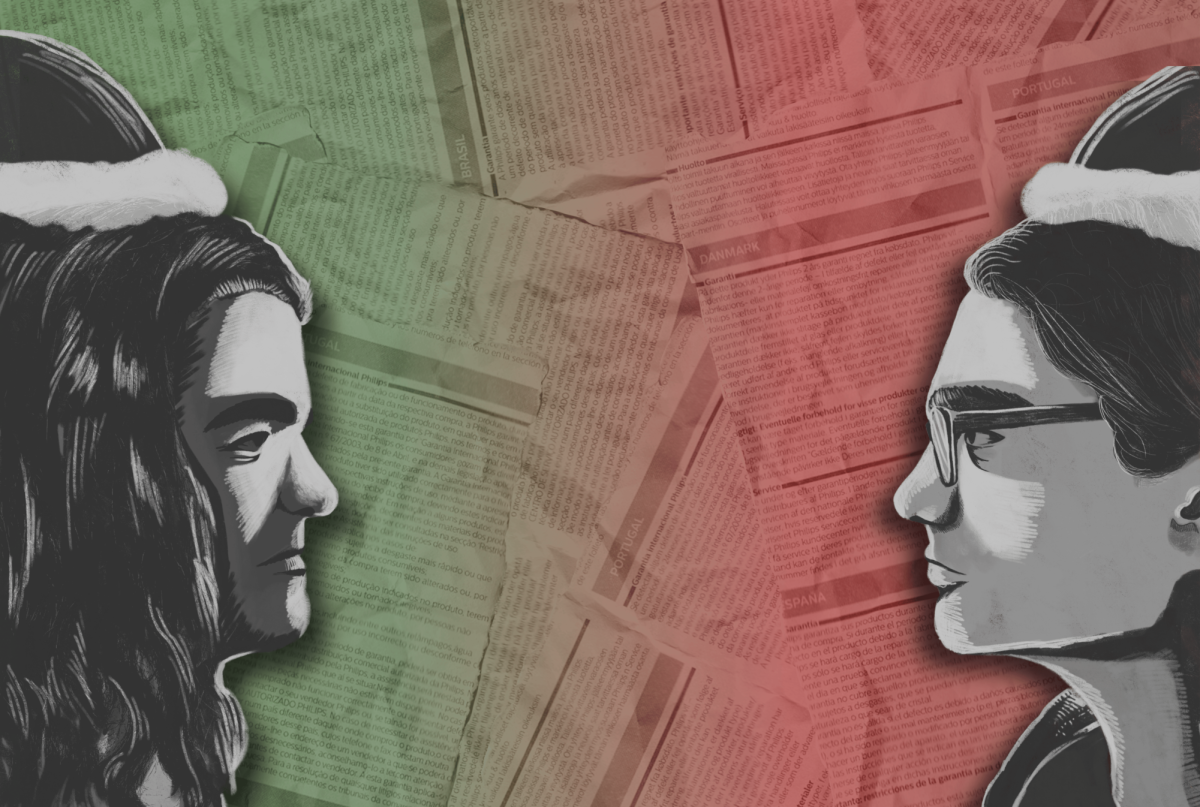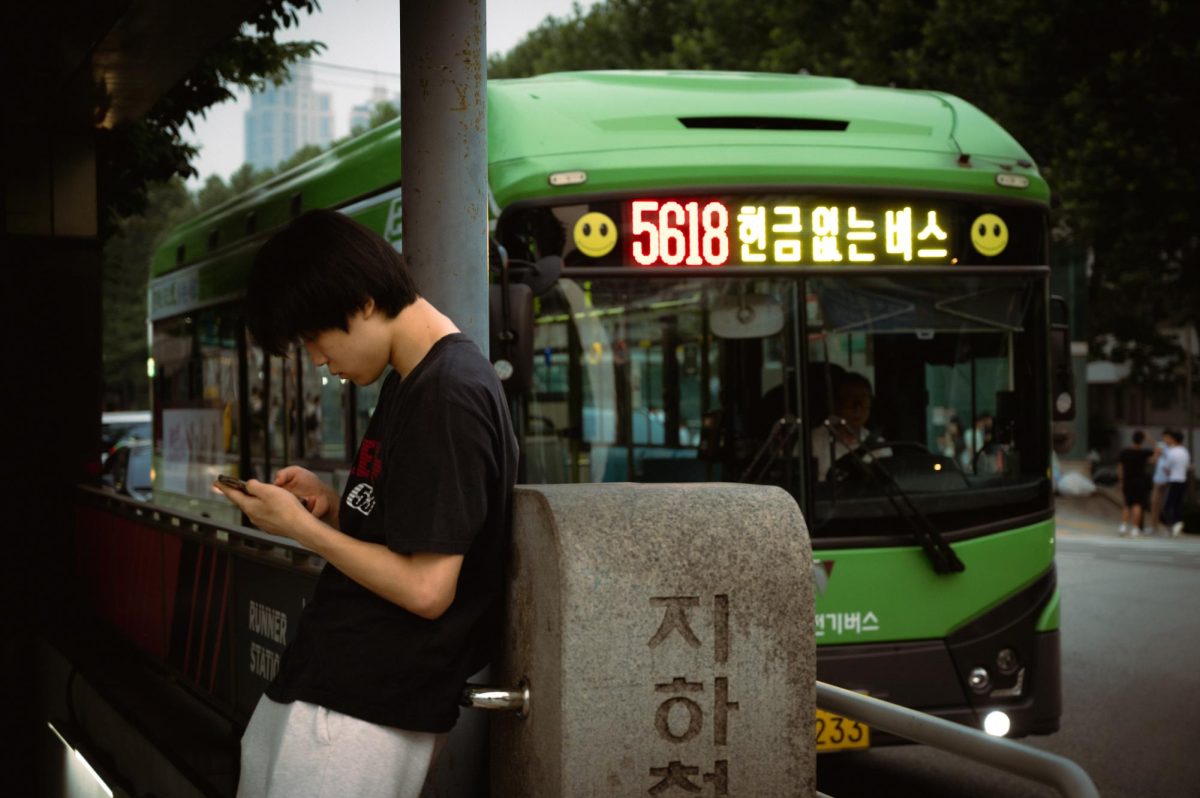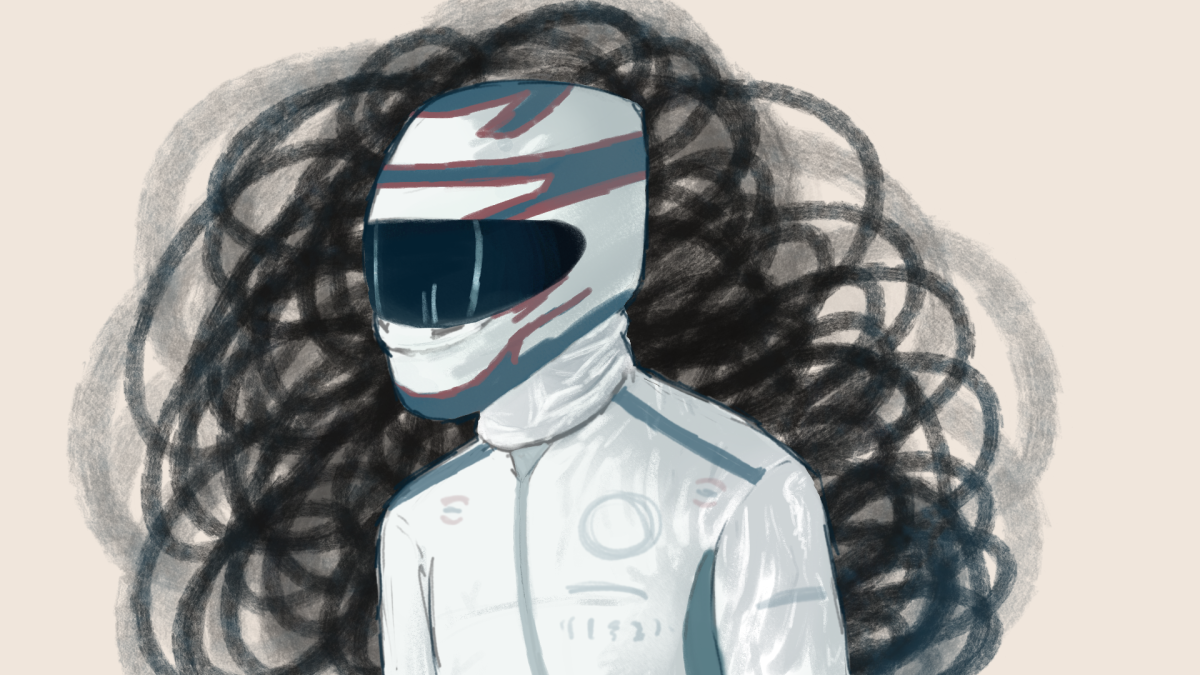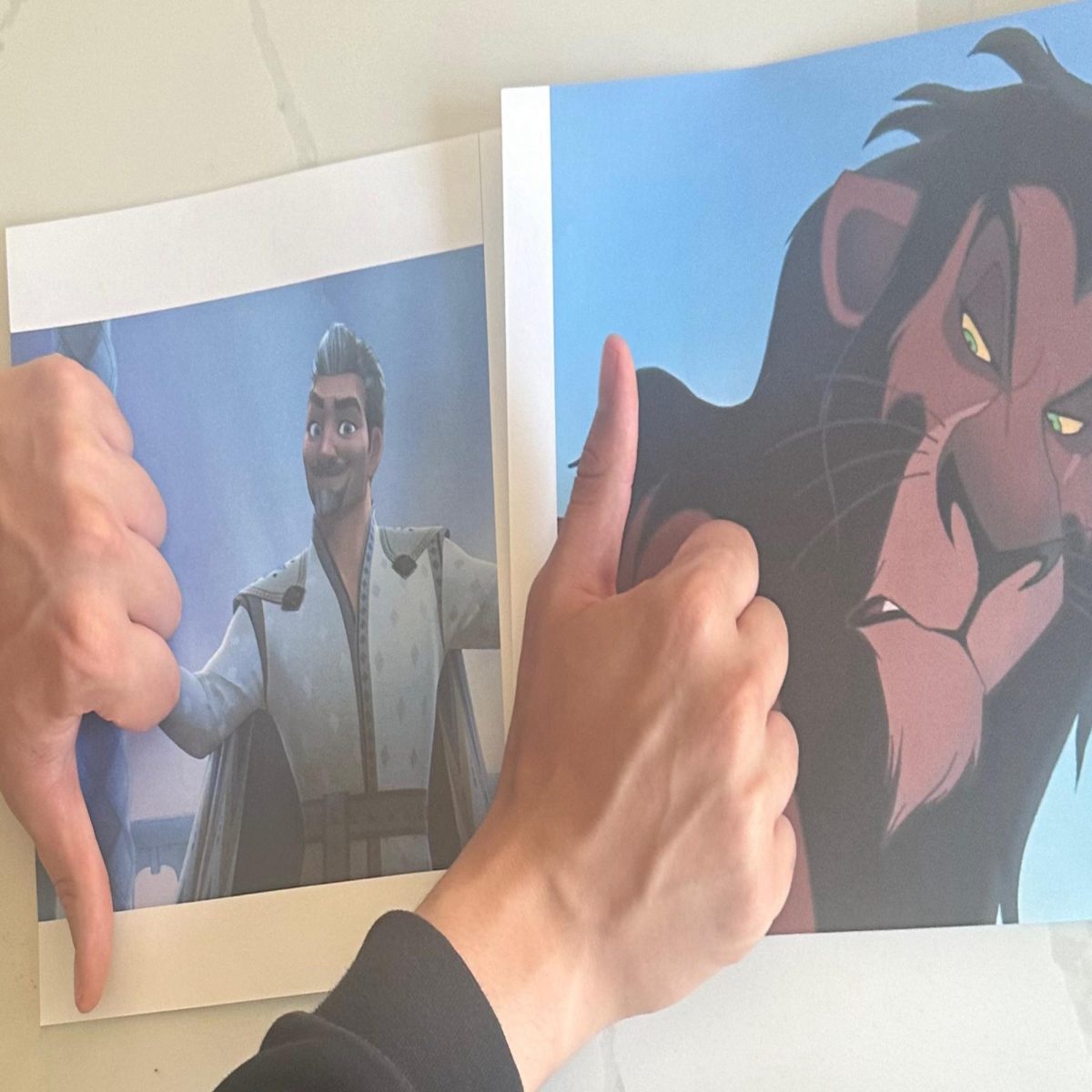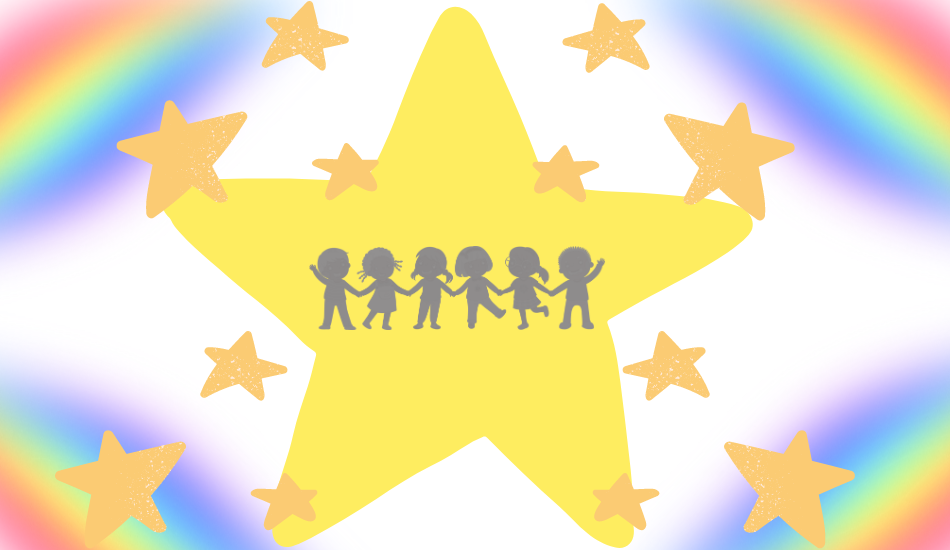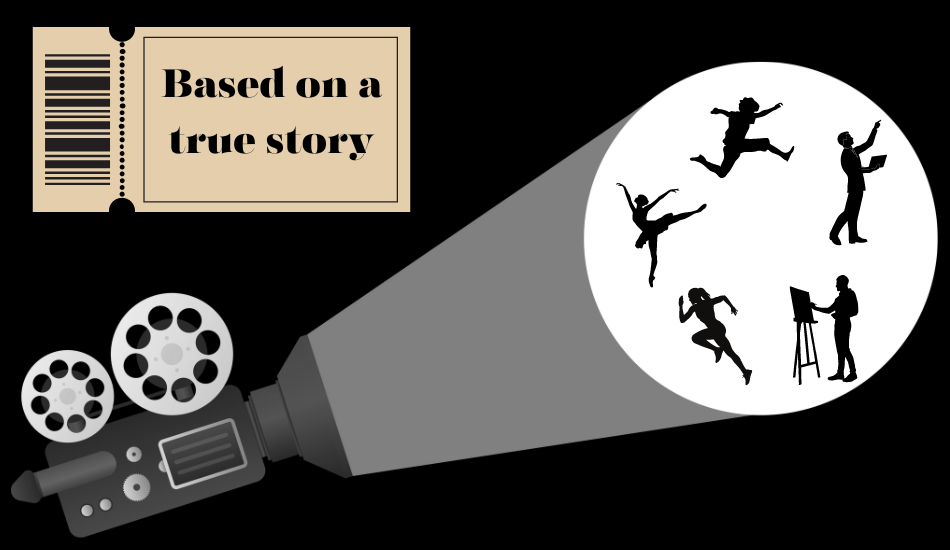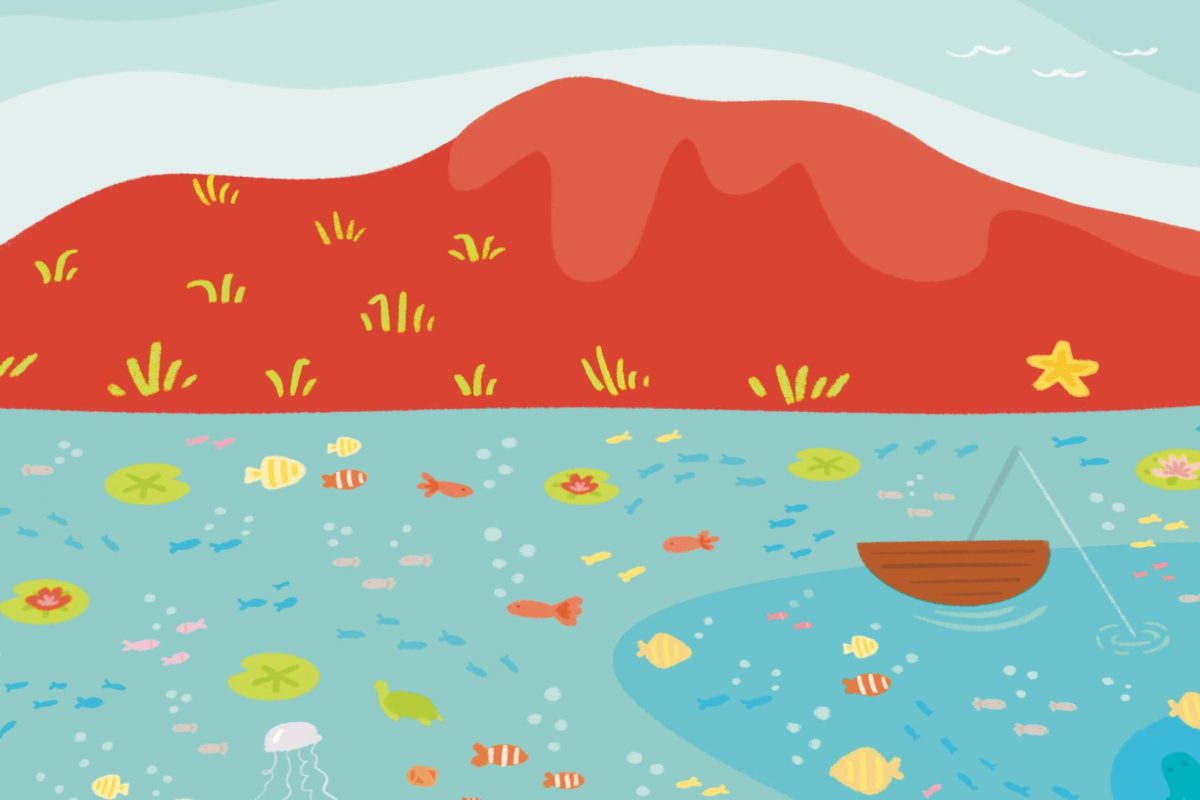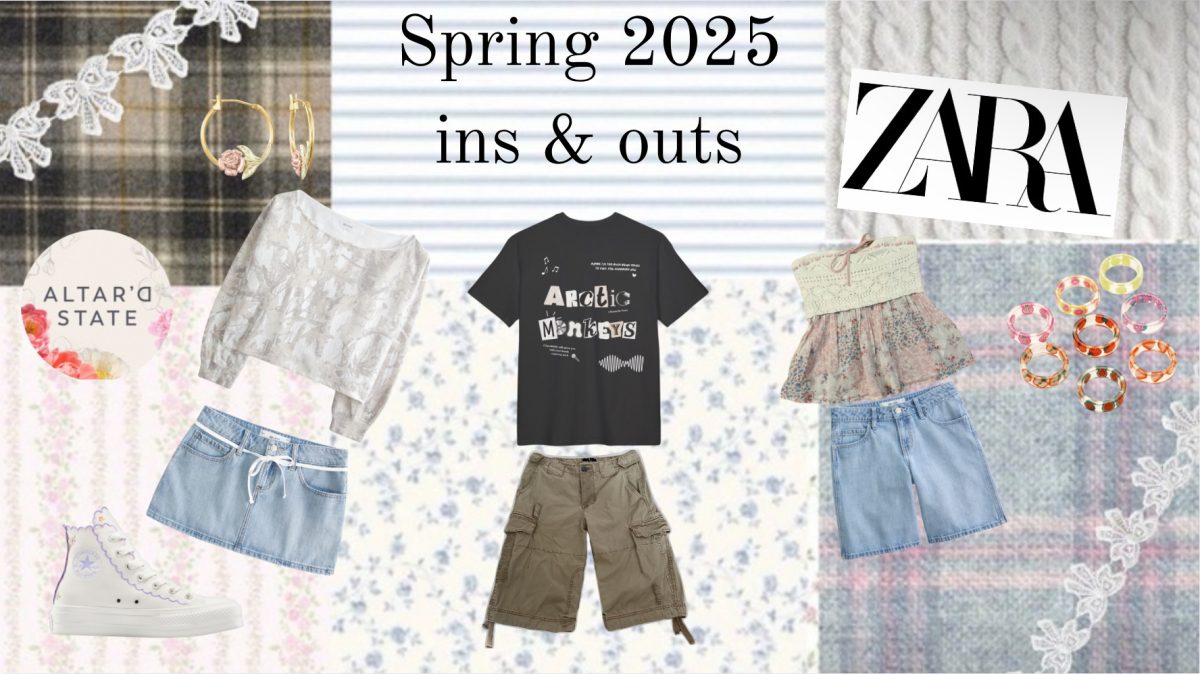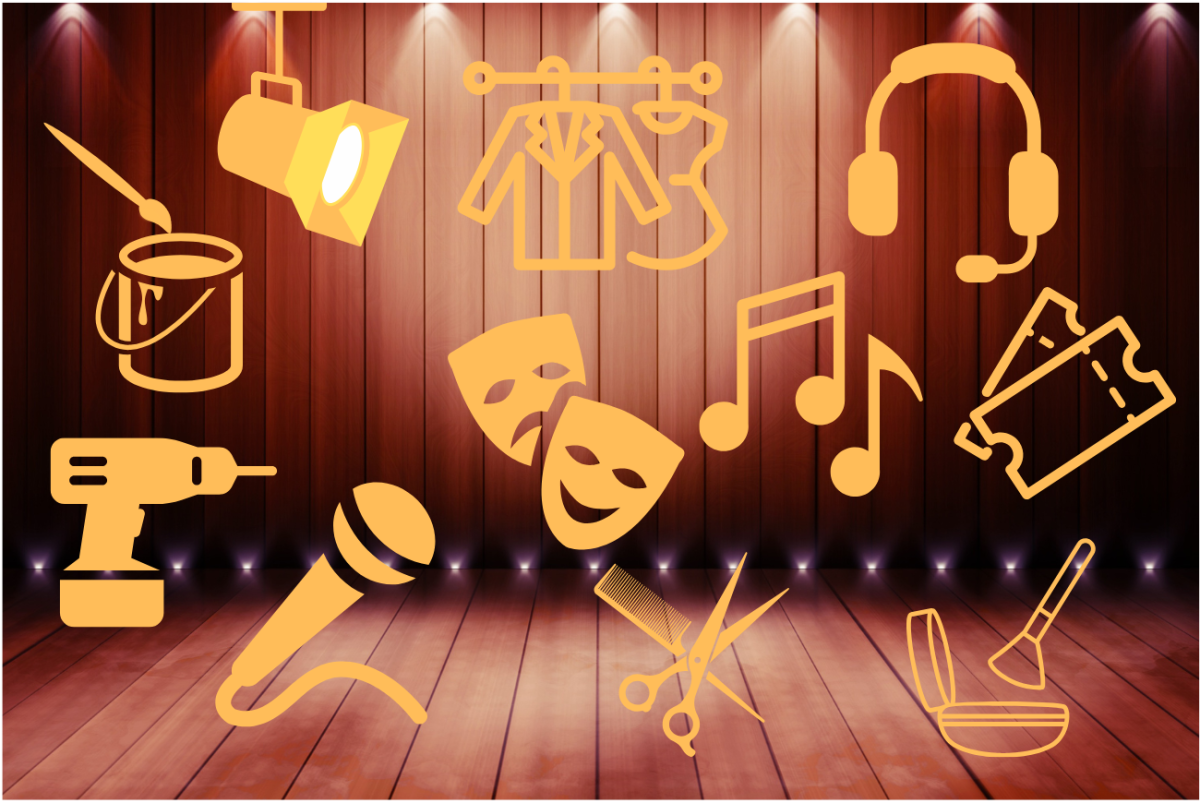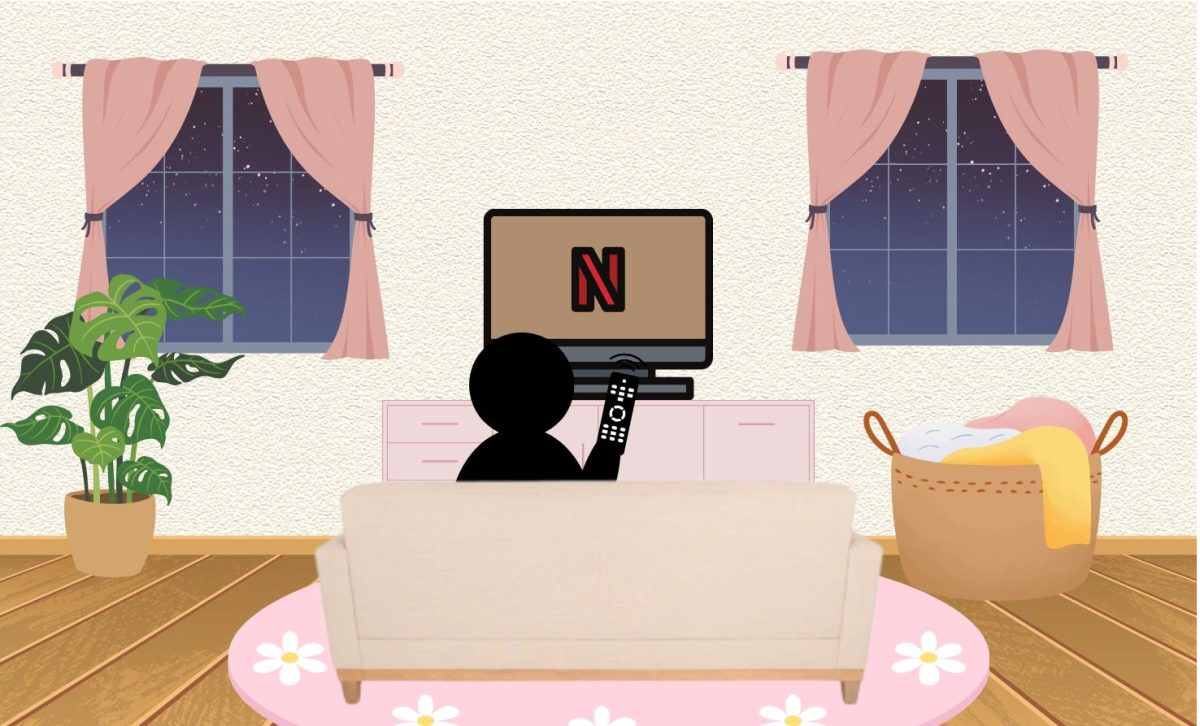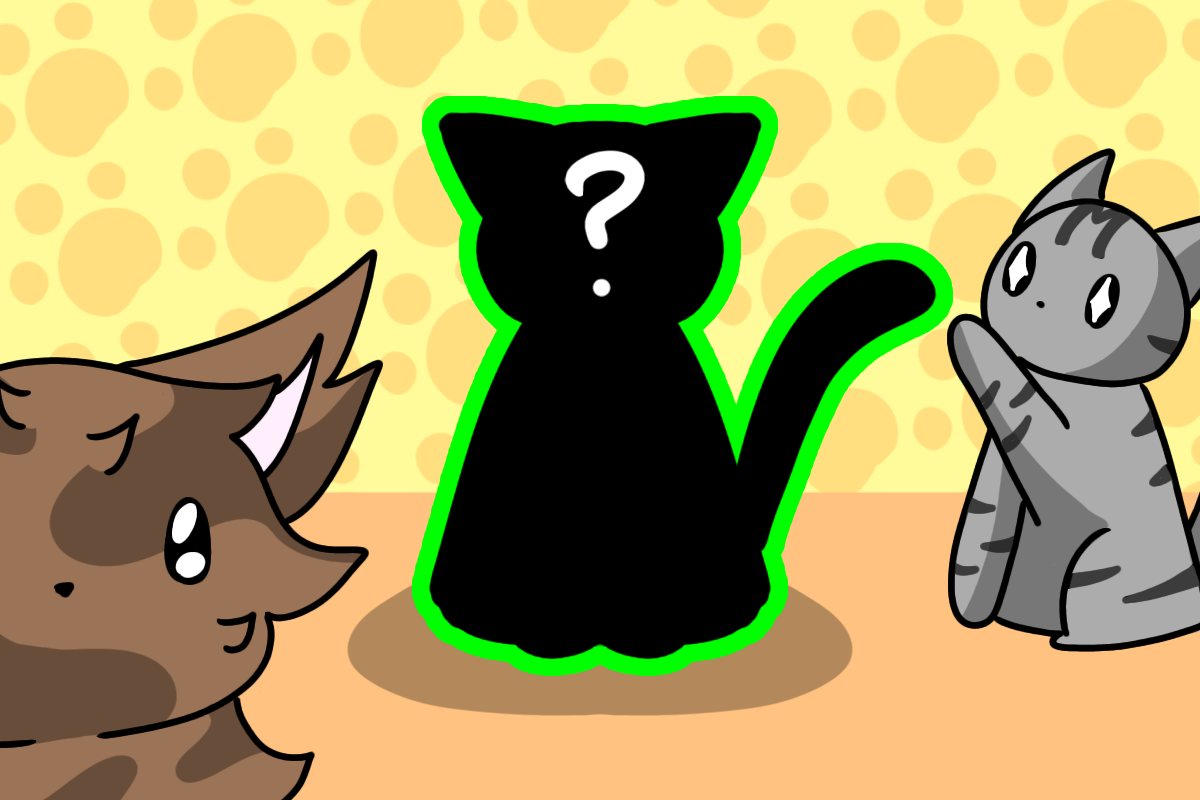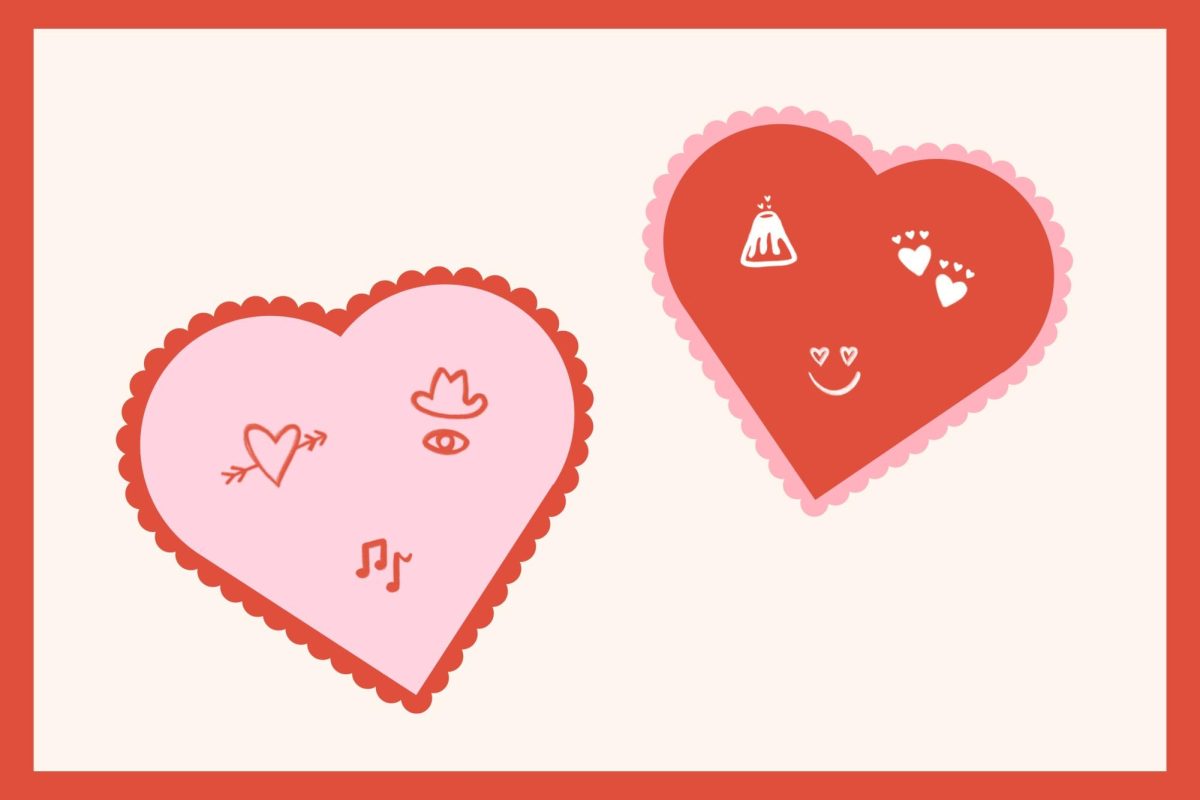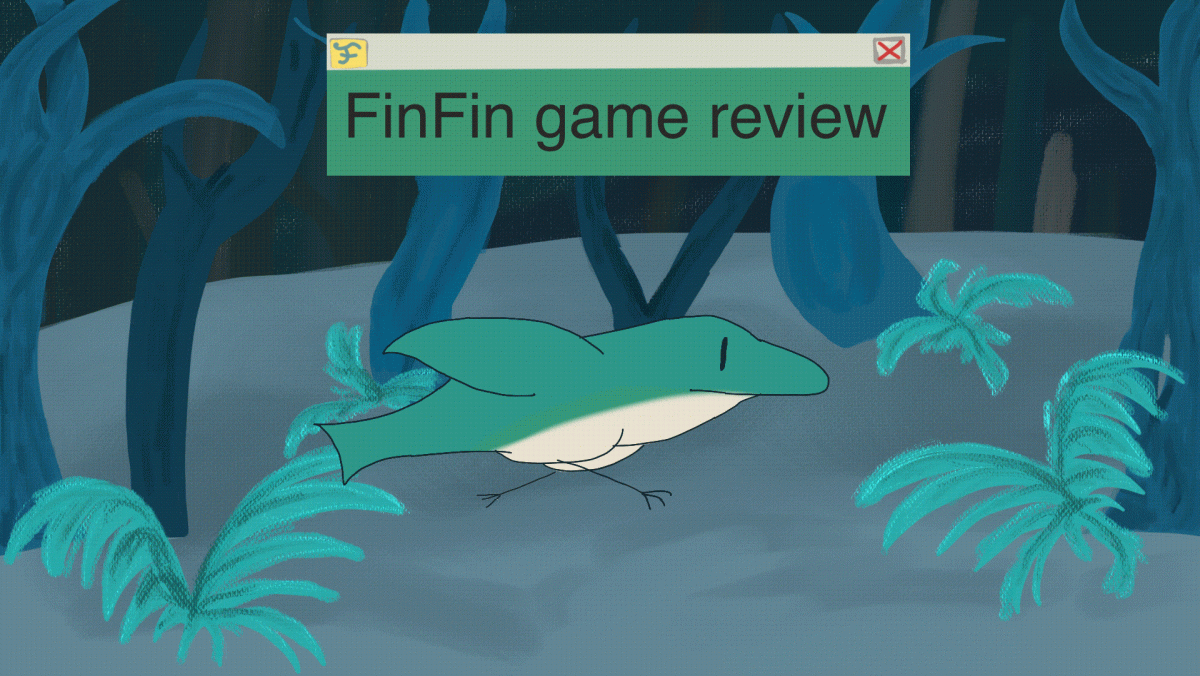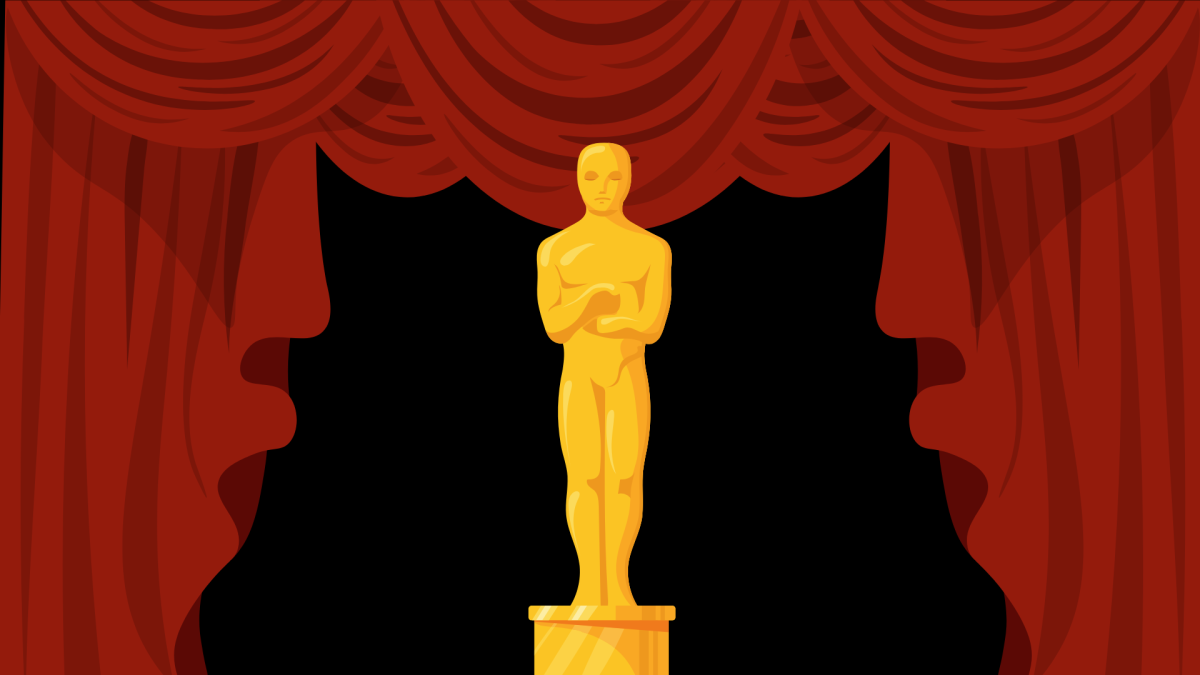It came as a surprise to no one when Disney announced the current production of a live-action remake of the 1937 animated classic “Snow White and the Seven Dwarves” to be released in March of 2024. What did come as a surprise, however, is how very little resemblance the adaption has to the original film at all.
After revealing the casting of Rachel Zegler as the titular character of Snow White, the backlash from the online community was a repeat of the controversy over the previous hiring of Halle Bailey to play Ariel in the live-action “The Little Mermaid” as a Black actress. Debates over the ethics of color-blind casting are not uncommon, especially for adapted material such as Disney’s fairy-tale-inspired works, and while the initial dispute over “The Little Mermaid” has basically died down since its release this summer, that doesn’t seem to be the case for Snow White.
At first, the outrage over the film was seemingly over hiring an actress of Polish-Colombian descent with an undeniably darker complexion than Snow White’s signature “skin as white as snow,” which was a detail many fans seemed hung up on, claiming it changes the entire narrative of the story. Adding on to that was the reveal that the movie will not feature the iconic seven dwarves and instead hire average-height actors to play mythical creatures, sparking a discussion about how the industry is denying jobs to those diagnosed with dwarfism.
However, the larger focus of the backlash towards the actress now seems to be about the comments she made during an interview with Variety back last September, in which she makes several statements eluding to the supposed “edge” and new “feminist lens” they will be giving to Snow White. “She’s dreaming about becoming the leader she knows she can be and the leader that her late father told her that she could be if she was fearless, fair, brave, and true.”
In particular, Zegler’s comments about the original love story involving Prince Charming have drawn out various criticisms, with the actress going as far as to say that the scenes with Andrew Burnap, who is to play beside her as Prince Charming, might be cut out entirely. “The original cartoon came out in 1937 and very evidently so. There’s a big focus on her love story with the guy who literally stalks her. Weird, weird. So we didn’t do that this time.” Zegler goes on to say how the new adaptation will portray Snow White as someone who is “not going to be saved by the prince” and who is “not going to be someone dreaming about true love.” This interview caused so much indignation in the community that people have gone to social media platforms such as TikTok to mock how condescending the actress sounds and pointing out that it is not necessarily “unfeminist” for a woman to seek love in the first place and to shame them for doing so has the opposite effect than what Zegler intends. Some have even gone out to speculate that Zegler doesn’t seem to be fond of the original film at all.
And while this backlash is undoubtedly justified, it does leave one to wonder why exactly people are so upset over this incident in particular. “Snow White” is only the most recent addition to a long list of reimagined classics where there is an attempt to put a 21st-century lense on the plot in order to seem relevant and “woke.” And Disney isn’t even the only one guilty of this. Everywhere, there always seems to be a new “fresh, modern take” of classic stories ranging from fairytales and mythology to Shakespearean plays and Jane Austen works. Some accomplish this goal, and others…fall flatter than tired people during late-night karaoke. Back in 2016, Emma Watson did several interviews on her role in the “Beauty and the Beast” live-action remake where she made the same comments as Zegler about her role as Belle, saying how they give Belle a new background in order to portray a more feminist take on the story. While on the Ellen Show, actress Keira Knightley even listed off the Disney movies her daughters were banned from watching, expressing her disapproval of how lacking movies such as “Cinderella” or “The Little Mermaid” were in terms of good female role models that stood up for themselves. It goes to show that Zegler’s comments aren’t exactly unique but, in fact, so overdone that it seems people have finally had enough.
In this age where the “strong, independent woman” archetype is practically a necessity in every new piece of media, it raises the question of what defines a “strong, independent woman” in the first place. Can you only be considered strong and independent if you’re career-driven with no interest in love? Ladies, is it anti-feminist to accept help in a time of need (like escaping from an abusive and toxic household, for example)? Female role models are definitely important, but does there only have to be one kind? With supposedly outdated characters like Snow White and Cinderella, it’s easy to understand how people come to the conclusion that they aren’t progressive enough for children when those same people aren’t willing to look at the nuance of these characters and the context of their personal journeys.
“Someone said to me once, ‘I don’t know Women’s Lib wouldn’t really like Cinderella. I mean, she really needed a man in her life to get along.’ And I said you’re wrong. She wanted to go to the ball. The prince had seen her, but she had not seen the prince. She wasn’t going to marry the prince. She wanted, really, mostly to go to the ball and have a good time. She even left at midnight and left the prince. So, I said I don’t think the main aim in her going to the ball was to get the prince. I think it was to have a wonderful time. It was like a dream come true for her, the way she lived.” Ilene Woods, the original voice for Cinderella, made this comment in defense of her character during an interview and really just sums it all up. Did Ariel give up her voice and her tail for the sake of a man, or did she take up the opportunity for a new adventure? Did the Beast trap Belle in an abusive relationship, or was she allowed to make the choice to leave and come back after he proved he truly did care for her?
Context is everything. It’s easy to criticize these female characters from a modern, “woke” perspective and insist they’re a product of their time. It’s true that they are a victim of the times, but that doesn’t mean these characters didn’t stand up for themselves when it mattered. They just happened to do it in their own way. Because there is always more than one way. You can’t judge a woman from the 1500s for marrying a prince she barely knew when it’s the surefire way to escape the clutches of her murderous stepmother who wants to kill her.
Snow White is kind. That is the core of her character. Her kindness is what saves her from the huntsman, it’s what sways the seven dwarves to help her, and it’s arguably what sets the story in motion. Perhaps the reason Snow White was always the “fairest in the land” compared to the Evil Queen is because she was beautiful inside and out. She was young and naive, lost in a dark forest after being betrayed by the one parental figure she could trust, and instead of falling in despair, she chides herself for causing such a fuss and proceeds to make new allies and build a new life for herself. What’s the first thing she does when she comes across a messy house seemingly inhabited by small children? She thinks that these children must not have a mother to care for them and decides to clean the place up out of the goodness of her heart. Not everything about this film translates well into the 21st century, but the idea of Snow White is timeless.
We have a tendency to equate kindness with weakness and weakness with feminity. This is why characters like Snow White or Cinderella often get the short end of the stick. Even people like Belle are only remembered for their intelligence and not their sincerity or warmth. Despite what Zegler thinks, the fact that Snow White is so sweet and trusting and specifically motherly does not mean she doesn’t qualify as a good female role model. So what if she never exacts revenge on the Evil Queen? So what if her goals never went as far as having a warm home and a loving family? Who out of all of us hadn’t daydreamed about running away to the countryside to live the comfy Ghibli lifestyle where there’s no stress about having a successful career?
A couple of decades ago, we looked down on women for being feminine. A couple of decades later, we are still looked down on for being feminine. It’s only the narrative that’s changed. At first, women were weak because they were girly. Now, women are weak if they are girly.
The entire point of feminist media is to express the idea that women are free to follow any path they desire. Whether women choose to be strong leaders or motherly caretakers, it makes no difference as we’re all on the same side supporting each other. It doesn’t always have to be a choice between love and independence; a real 21st-century advocate would understand it’s possible to have both.

